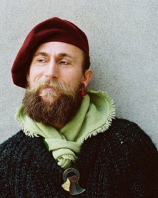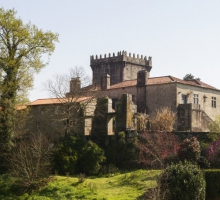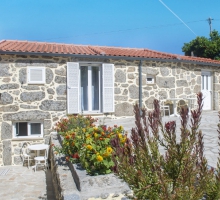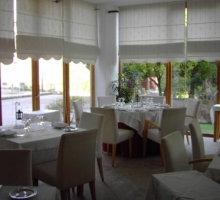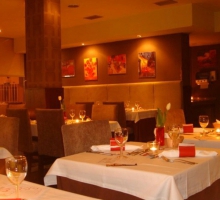António Variações was one of the greatest icons of Portuguese pop music that has marked and continues to mark several generations of Portuguese artists, the authenticity and emotion that was given to his songs.
António Joaquim Rodrigues Ribeiro, known as António Variações, was born in a place called Pilar in Fiscal township (December 3, 1944 - 13 of June 1984).Son of rural workers Deolinda Jesus and Jaime Ribeiro, Tonito (as his mother called him) had eleven brothers, although two of them died too soon. His childhood was divided between studies and work in the field, to help the parents. The father played “cavaquinho” (a small string guitar) and accordion, which became Variações’ first inspiration that quickly revealed his passion for music in festivals and local folklore.
At the age of eleven, he had his first job in Caldelas, and a year later, he left for Lisbon. It was in Lisbon that he worked as a barber apprentice, counter clerk and salesman. Followed by military service in Angola and ventured into immigration.
In 1975 arrived in London, following to Amsterdam months thereafter, where a new world was discovered, wanting to bring to Portugal a new way of living. It was in the last city where the barber profession was learnt, which later in time, was put into practise in Lisbon, when he returned.
Location: Amares
António Joaquim Rodrigues Ribeiro, known as António Variações, was born in a place called Pilar in Fiscal township (December 3, 1944 - 13 of June 1984).Son of rural workers Deolinda Jesus and Jaime Ribeiro, Tonito (as his mother called him) had eleven brothers, although two of them died too soon. His childhood was divided between studies and work in the field, to help the parents. The father played “cavaquinho” (a small string guitar) and accordion, which became Variações’ first inspiration that quickly revealed his passion for music in festivals and local folklore.
At the age of eleven, he had his first job in Caldelas, and a year later, he left for Lisbon. It was in Lisbon that he worked as a barber apprentice, counter clerk and salesman. Followed by military service in Angola and ventured into immigration.
In 1975 arrived in London, following to Amsterdam months thereafter, where a new world was discovered, wanting to bring to Portugal a new way of living. It was in the last city where the barber profession was learnt, which later in time, was put into practise in Lisbon, when he returned.
Location: Amares
